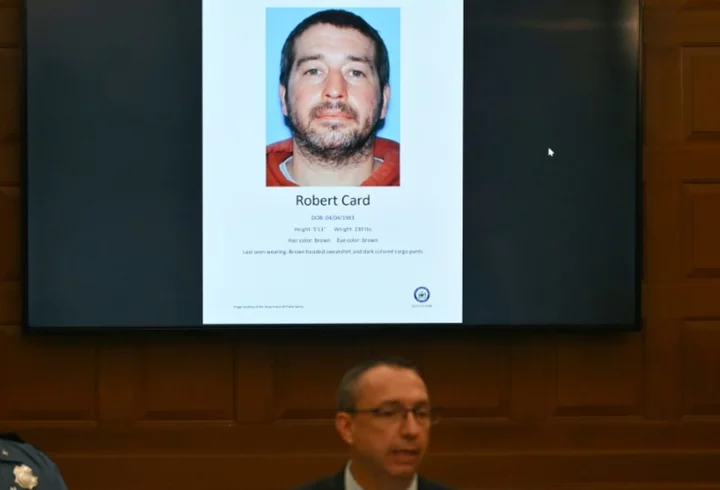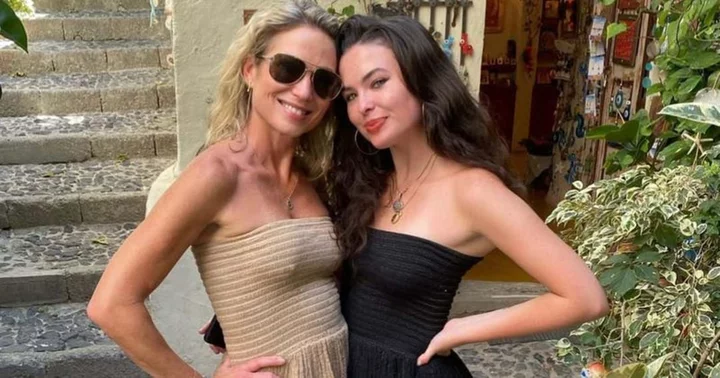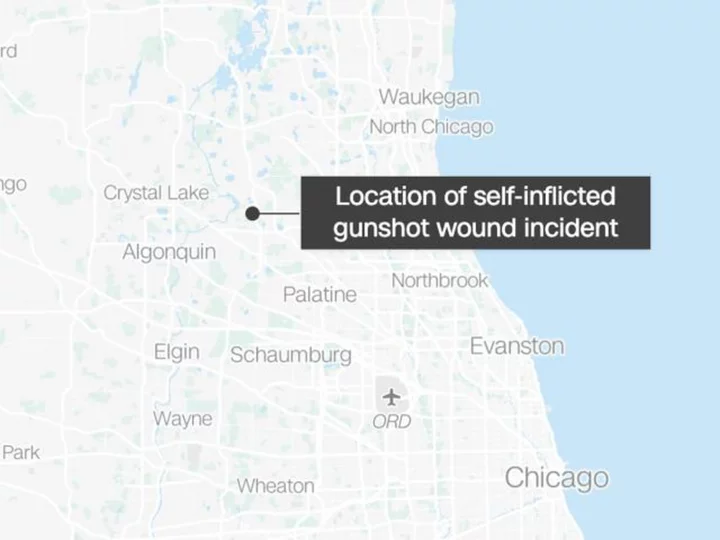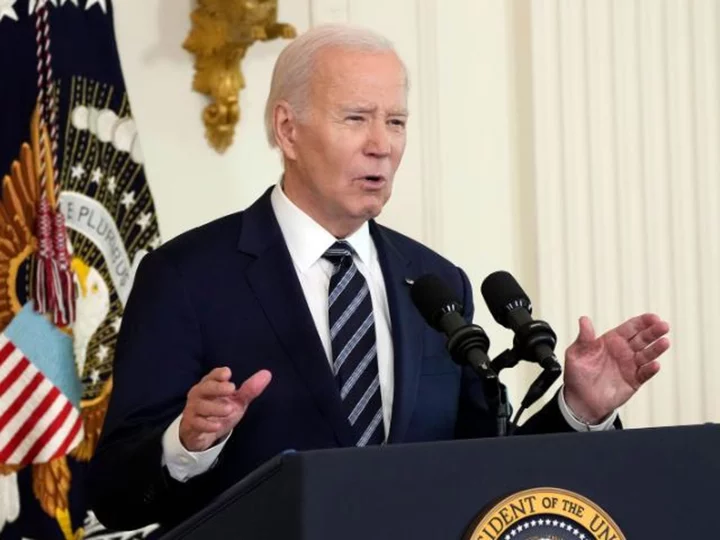Police in Maine said Saturday that the man who gunned down 18 people at a bar and a bowling alley and later committed suicide, suffered serious mental health issues, but was able to buy weapons legally because he had never been forcibly committed to treatment.
The body of Robert Card, a 40-year-old army reservist, was discovered Friday night inside a tractor trailer near a recycling center where he used to work, said Maine public safety commissioner Mike Sauschuck. Card had shot himself.
Investigators are still struggling to determine Card's motive for carrying out Wednesday's massacre in the town of Lewiston.
However, Sauschuck said that Card had reportedly been hearing voices and suffering from paranoia.
"Clearly there's a mental health component to this," Sauschuck told reporters.
Investigators found a "paper-style" note that Card had left to a loved one which contained a password to his phone and bank account information, Sauschuck said, adding that the note had the tone of a suicide letter.
Card was found in possession of three weapons, one of them a long gun, all purchased legally because he had never been forcibly committed to a mental institution.
Despite the apparently clear mental health issues and a reportedly recent psychiatric evaluation undergone by Card, "a background check is not going to ping that this individual was prohibited," Sauschuck added.
- A 'coward's way out' -
The discovery of Card's body ended a massive two-day manhunt, which had this quiet city of 38,000 people on lockdown with businesses and schools closed and residents terrified.
Sauschuck acknowledged the help Card's family provided to the investigation, saying among the first people to call the police and identify the suspect were his family members. "This family has been incredibly cooperative with us," he said.
Lewiston finally breathed a sigh of relief with businesses beginning to open and people appearing on the streets Saturday.
Guadalupe Hursch, 49, a stay-at-home mother said she was happy that the ordeal was over. "Relieved. Relieved," Hursch told AFP, adding that she also felt sorry for Card's parents.
A local resident by the name of Danica who was buying coffee at a drive-in said she was "very afraid" in the aftermath of the shooting and was now happy Card was dead, but at the same time wished he had first been brought to justice.
"I think he took the coward's way out of doing it by suicide," Danica, who declined to give her last name, told AFP. "I think he should be held accountable for his crimes."
She added: "It's a very terrible thing and it's going to take a long time to get back up to be where we were before."
In a statement issued shortly after Card's body was discovered Friday night, President Joe Biden vowed to renew efforts to curb gun violence in the United States.
"Americans should not have to live like this," Biden said. "I will continue to do everything in my power to end this gun violence epidemic."
Biden said the shooting brought "a tragic two days -- not just for Lewiston, Maine, but for our entire country."
Authorities on Friday identified the victims, ranging from a husband and wife in their 70s, to a 14-year-old boy killed alongside his father.
This latest shooting is one of the deadliest in the United States since 2017, when a gunman opened fire on a crowded music festival in Las Vegas, killing 60 people
Mass shootings are alarmingly common in the United States, a country where there are more guns than people and where attempts to clamp down on their spread are always met with stiff resistance.
The United States has recorded over 500 mass shootings this year, according to the Gun Violence Archive, a non-governmental organization that defines a mass shooting as four or more people wounded or killed.
Efforts to tighten gun controls have for years run up against opposition from Republicans, staunch defenders of the constitutional right to bear arms.
The political paralysis endures despite widespread outrage over recurring shootings.
iba-md/sms









